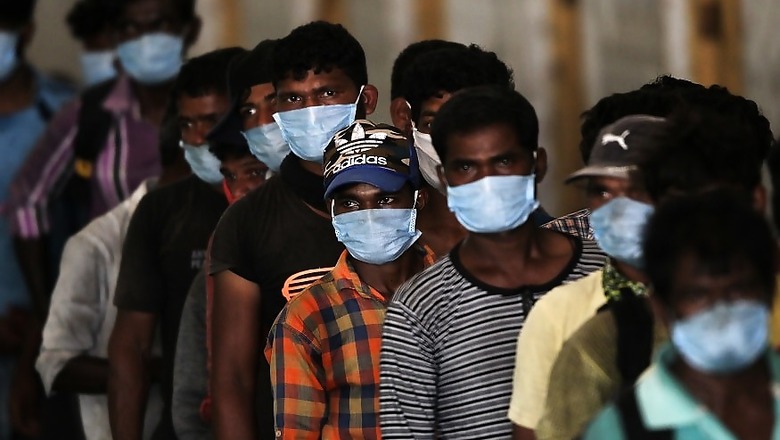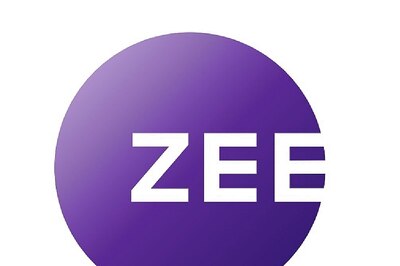
views
New Delhi: The coronavirus pandemic is stretching much of the world's governmental capacity and terrorists are likely to exploit the situation including by fostering communal tension, Australian High Commissioner-designate Barry O'Farrell said on Wednesday.
In an address at the National Defence College through video-conference, O'Farrell also said India may be one of the most successful developing countries in managing the pandemic and lauded Prime Minister Narendra Modi's global outreach to deal with it.
He said Modi is also one of the leading voices shaping the G20 into a body instrumental in leading the world into post-COVID-19 recovery, and was an early voice advocating for reforms to the World Health Organisation.
"We've seen some remarkable leadership from India since this crisis began. The world is facing an unprecedented health challenge for which no government has a perfect answer," O'Farrell said.
It's laudable not just that the Indian government acted so quickly to stem the virus's spread, but also that it continues working to mitigate the lockdown's impact on India's most vulnerable. It's an enormous challenge for the world's most populous nation," he added.
The diplomat said it was Modi who led nations of the South Asian Association for Regional Cooperation to coordinate pandemic responses - and establish the SAARC COVID-19 Emergency Fund - almost as soon as the crisis began.
Talking about impact of the coronavirus crisis on geo-politics, O'Farrell said it will take time to play out, but said, "I see a US far more cautious about exercising global leadership than in the past."
He said current pandemic is stretching much of the world's governmental capacity.
"...And of course there's no shortage of terrorists who would exploit insecurity and diminished government capacity for their own ends - and would look to foster communal tension amid a crisis," said the diplomat, without specifying the terror groups.
Referring to the situation in the Indo-Pacific, he said the region will continue to be the engine of the global economy in the decades to come.
At the same time, O'Farrell said the crisis will not necessarily change the nature of threats facing the region, but it will hasten the pace at which they are developing.
"I believe this crisis will bring Australia and India even closer together as two Indian Ocean democracies with complementary values," he said.
India, the US and several other world powers have been talking about the need to ensure a free, open and thriving Indo-Pacific in the backdrop of China's rising military maneuvering in the Indo-Pacific region.
In November 2017, India, the US, Australia and Japan gave shape to the long-pending "Quad" coalition to work closely in the region. The move was seen as an attempt to contain China's growing influence in the region.
In September, the four countries held talks at the foreign ministerial level, signalling "significant elevation" of the cooperation. The US, Japan and Australia have also been pressing for a greater role by India in the Indo-Pacific region.
"India is the natural major power in the region, and Australia looks to it as a strategic partner with complementary interests." said the Australian High Commissioner.




















Comments
0 comment